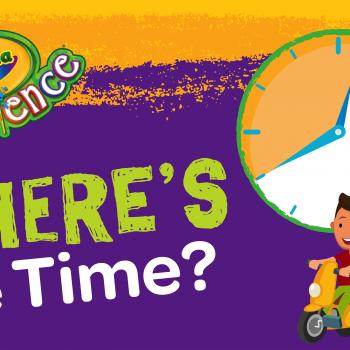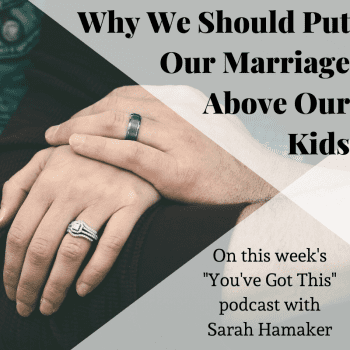
Have you ever looked at your kids fighting and seen an opportunity for personal growth? Most parents don’t view tussles between their offspring as anything but disruptive and damaging to the family. However, teaching our children the proper and biblical way to handle conflict can restore peace to our homes and set our kids on the path to relationship success.
Children will experience conflict—in the home, at school, with friends, on the playground, on sports teams, etc. If we always try to smooth it over and artificially make them act like they are all getting along and everything is fine, they never learn to deal with real problems. It’s tempting for us to skip the teaching part, but that robs kids of a chance to learn how to resolve conflict in healthy way.
“I believe that kids need to see healthy, well-adjusted adults argue and resolve their conflict in a redemptive way. Civil discourse must first be practiced by parents, educators and coaches before our kids will get it,” says Tim Elmore, president of Growing Leaders, a nonprofit leadership training and development organization.
Elmore gives six steps that parents can incorporate into their own conflict to show their children the proper way to resolve arguments.
- Always attack the problem, not the person. Kids need to see that both parties are attempting to solve a problem, and may have different perspectives, but they are not attacking each other. Big difference. When we focus on the problem, not the person, we show how we can have differences of opinion and still love one another.
- If debating in front of young people, be sure and state the problem. You can’t have every argument behind closed doors, so when we have disagreements in front of our children, we need to be extra careful about providing clues. Since kids can draw wrong conclusions about their own fault in the issue or even manipulate the issue in their favor, one of you needs to declare the real issue.<!–nextpage–>
- Lay out options for solutions and demonstrate compromise. This might feel like you’re arguing as if on a debate team, but being explicit in how the give and take works in the real world can be especially eye-opening for kids and teens. This is essential when kids see the argument forming, and then one of you offers some options out loud. This allows the kids to hear potential answers—and witness compromise and grace.

Pixabay/mohamed_hassan - Be sure kids see forgiveness and restoration in action. This isn’t always possible, but it should always be our goal. Kids need to see grown adults seek forgiveness for wrongdoings and extend forgiveness to each other. My husband and I will often circle back if we’ve finished a disagreement behind closed doors to say to the children that we resolved the issue—and that we have apologized to each other for our part in the argument.
- Show your relationship to the other adult is still strong and healthy afterwards. Kids are harmed emotionally if they think conflict leaves a relationship permanently damaged. They must learn that resolved conflict makes people stronger. One way to show this aspect is the “kiss and make up” part—literally kissing or hugging your spouse, even though it can make kids uncomfortable, demonstrates stronger than words that everything’s okay again.
- Process the argument with them afterwards, when possible. Kids can draw wrong conclusions, sometimes believing they are at fault for the conflict. If possible, explain why you disagreed and how you resolved it.
“Healthy arguments have little to no negative impact in kids,” Elmore says. “When parents get nasty, however, and shout at each other, attack character, give the silent treatment or withdraw, trouble can arise. Kids not only emulate it, but they internalize it.”
By following these six steps, parents can mitigate the negative impacts of arguments and guide their children to develop a healthy way to resolve conflict.
To connect with Sarah and read more about raising kids, visit www.parentcoachnova.com.











